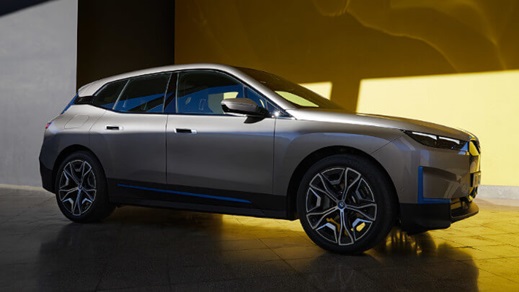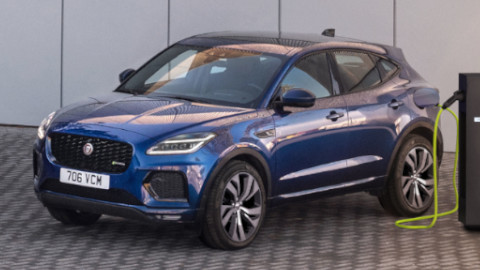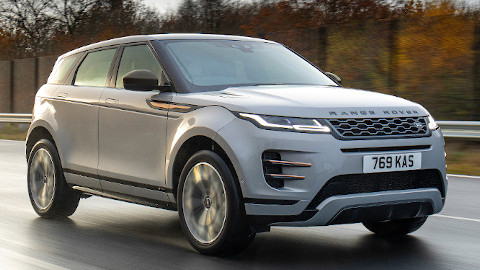What is a hybrid electric vehicle?
Hybrid electric vehicles (HEV) are vehicles powered by an electric motor and either a petrol or diesel internal combustion engine (ICE). Fuel consumption is often lower, and they produce less CO2 emissions than a conventionally-powered vehicle.
Unlike plug-in hybrid electric vehicles (PHEVs), HEVs are self-charging, so do not need to be plugged-in. They have the ability to be driven in fully-electric mode, but as the battery is considerably smaller than it is in a PHEV or battery electric vehicle (BEV), it can only maintain this for short distances.
Typically, HEVs seamlessly switch between the electric motor and the engine as the power source, or utilise both at the same time for optimal fuel economy and performance.

How does a hybrid electric vehicle work?
While driving a Hybrid Electric Vehicle, slow speed journeys can be completed in pure electric mode, and once the vehicle's speed increases, the ICE will automatically kick in to assist, ensuring your journey continues seamlessly.
A key differentiator between a HEV and a PHEV is the size of the battery. Hybrids have a smaller battery than plug-in hybrids, so cannot be driven in pure electric mode for as long. However, you will not have to plug a HEV in to recharge like you do with a PHEV, as the battery is recharged automatically through an intelligent regenerative braking system that captures energy that is normally lost during braking.
A key differentiator between a HEV and a PHEV is the size of the battery. Hybrids have a smaller battery than plug-in hybrids, so cannot be driven in pure electric mode for as long.
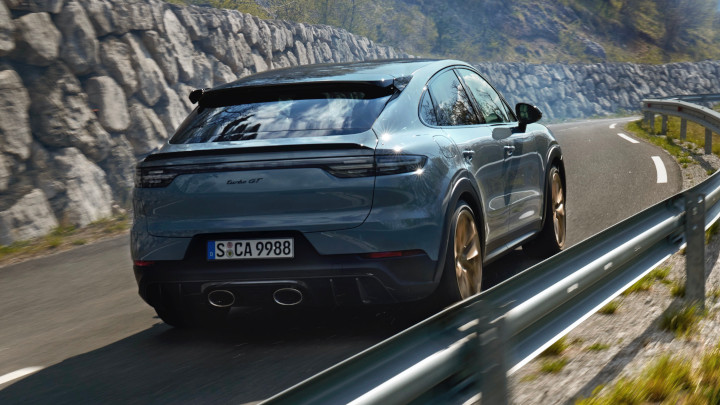
Benefits of buying a hybrid electric car

Lower CO2 Emissions
While driving at lower speeds, hybrid electric vehicles produce zero emissions, therefore reducing impact on the environment and lowering running costs.
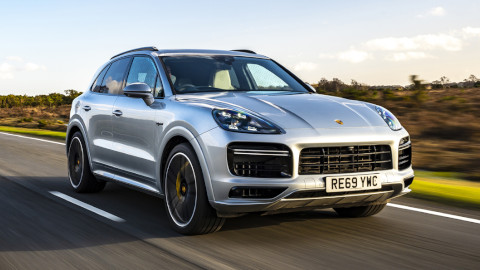
Improved Fuel Economy
Power in a hybrid electric vehicle is provided using the electric motor and battery, which means you will benefit from enhanced fuel economy figures.
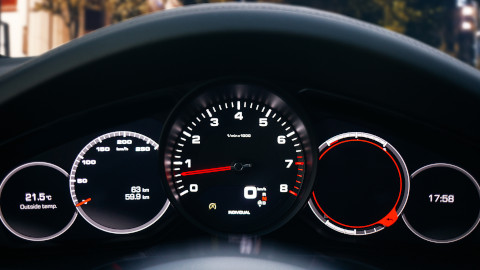
No Plugging In
As HEVs charge the battery using regenerative braking, there is no need to plug in to replenish the battery, making them more convenient than their PHEV and fully-electric counterparts.

Eliminates 'Range Anxiety'
As the hybrid electric engine provides a back-up to the battery, there is no need to worry about planning a charging point into your journey
Need more advice?
If you are interested in a hybrid electric vehicle but would like further guidance, we have written a range of articles to assist.
View Hybrid and Electric Guides
Popular hybrid electric models
There is a select range of full hybrid cars to choose from, including:
Explore Our Collection
Frequently Asked Questions
PHEVs have a larger battery, which enables them to drive further in all-electric mode than a HEV. PHEVs also need plugging-in, whilst HEVs do not.
HEVs are self-charging so do not require plugging-in to charge, the engine (ICE) is able to recharge the battery whilst driving via regenerative braking.
HEVs are self-charging and regularly switch to full-electric mode, making them ideal for driving short distances in electric mode only.
4x4s traditionally use more fuel than standard front-wheel drive cars, but thanks to efficient hybrid technology, there is now a wide range of hybrid electric four-wheel and all-wheel drive models.
Currently, only plug-in hybrid vehicles are eligible for a grant from the government.
Yes, there is a wide selection of full hybrid cars available to order through the Motability Scheme.










